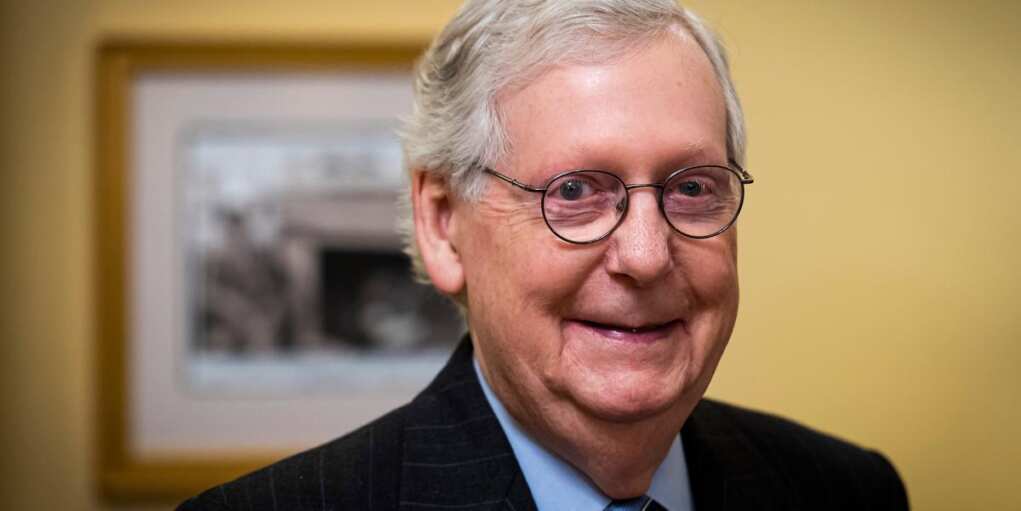Mitch McConnell’s Retirement Signals End of Establishment Era in Senate

Senator Mitch McConnell, the entrenched Kentucky Republican, will reportedly announce on February 20, 2025, that he will not seek reelection in 2026, finally stepping aside after decades as a symbol of the GOP establishment. Politico reports that McConnell, who turned 83 on the same day, plans to exit the Senate when his term ends in January 2027. This follows his resignation from the Senate Republican leadership in early 2024, a role he clung to longer than anyone in history, often steering the party toward compromise over conviction—a move conservatives have long criticized as a betrayal of their values.
McConnell’s career has been marred by health struggles, with falls and public freezes—like those lasting nearly 30 seconds—exposing his frailty. His recent arrival at the Capitol in a wheelchair, leg in a boot after a December 2024 fall, only fueled calls for his departure. Yet, he insists on limping through his term, with aides relaying his intent to serve Kentuckians until the end. For conservatives, his refusal to step down sooner reflects the same stubbornness that kept him tethered to Washington’s elite circles, prioritizing power over principle.
“It’s time for the next generation of leadership,” McConnell will reportedly declare, a concession many see as too little, too late. He echoed this when leaving the leadership post, admitting the physical toll of his 40-year tenure. But his legacy is less about resilience and more about entrenchment—presiding over a ballooning national debt past $35 trillion, unchecked illegal immigration, and the passage of Obamacare in 2010. Critics also point to bank bailouts in 2008 and stagnant wages as stains on his record, proof he favored corporate interests over hardworking Americans.
“I’m not going anywhere anytime soon,” he vowed after resigning as leader, promising to finish his term from a new Senate perch. Conservatives hear defiance in those words—not from a fighter for their cause, but from an establishment relic clinging to relevance. His exit paves the way for fresher voices, like Kentucky businessman Nate Morris, who could challenge the old guard McConnell epitomized.
McConnell’s tenure as a GOP titan often clashed with the America First surge under President Donald Trump. While he wielded tactical skill, conservatives argue he too often bent to the left—watering down the party’s resolve on border security, economic sovereignty, and cultural integrity. His leadership saw the rise of a Washington uniparty, where deals with Democrats overshadowed the bold reforms Republicans demanded. For many, his health declines merely mirror a deeper decay: a GOP establishment out of touch with its base.
As McConnell prepares to leave, conservatives see a chance to break free from his shadow. His retirement isn’t just an end—it’s a reckoning. The Senate now has an opening to reject the establishment’s timid compromises and embrace leaders who will fight unapologetically for border walls, thriving factories, and a nation that puts its citizens first. With McConnell gone, the GOP can finally turn the page on a chapter of weakness and reclaim its rightful place as the party of strength and principle.
